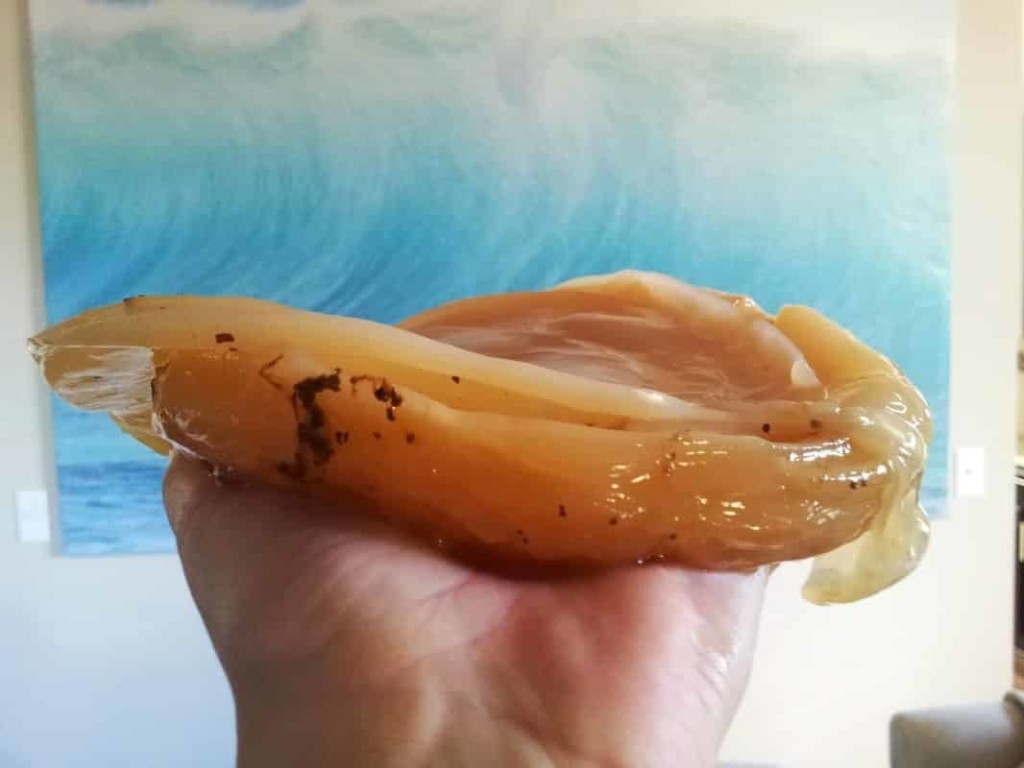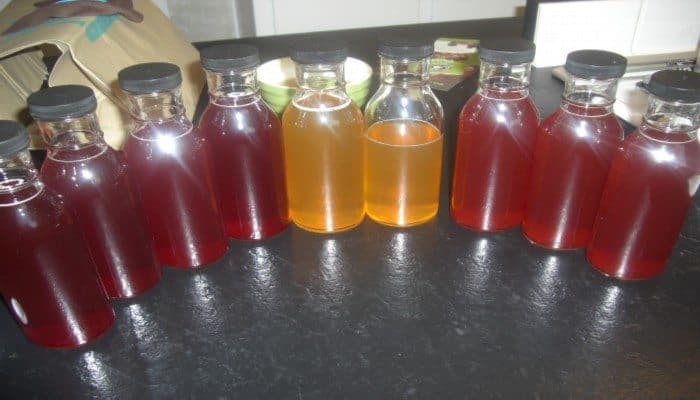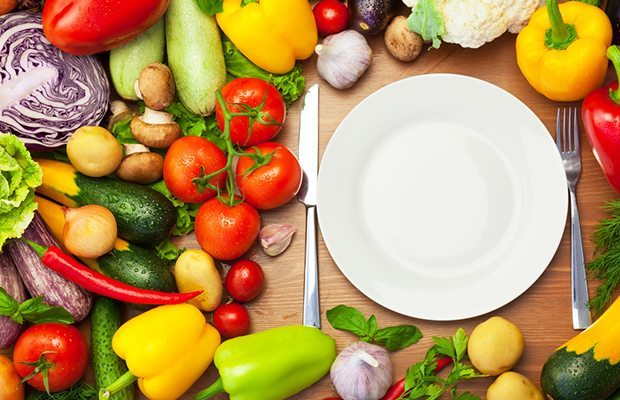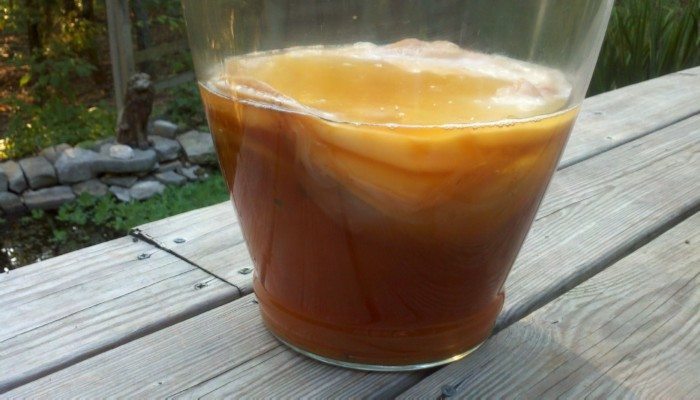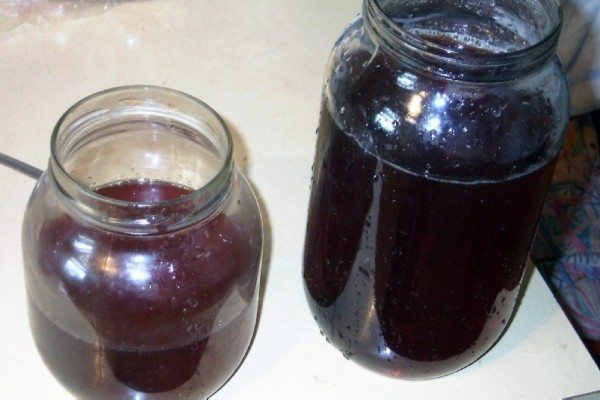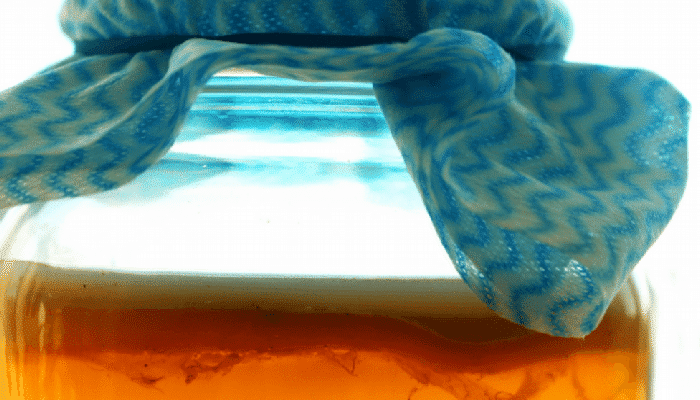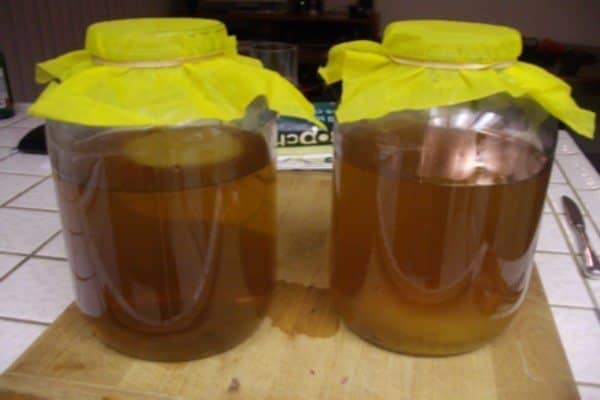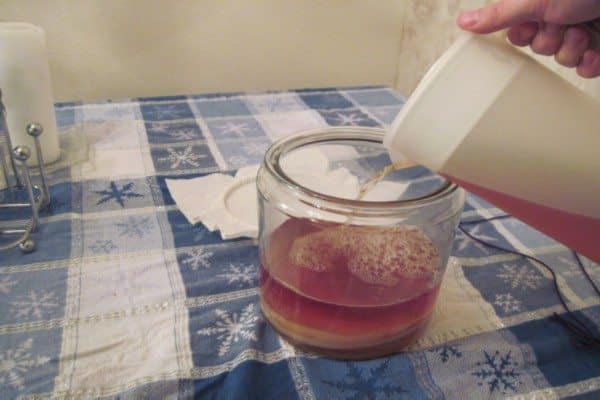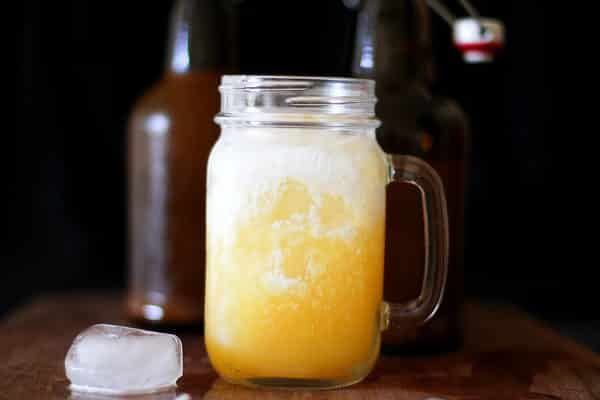Busting The Health Myths Of Kombucha: Hype vs. The Truth
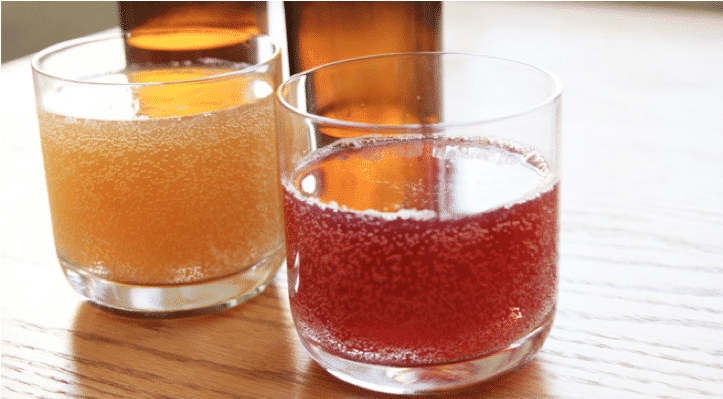
“When something sounds too good to be true, it probably is.” Have you ever heard that saying? And have you ever heard someone say it when they’re talking about kombucha? It’s not surprising that some people look at kombucha as just the latest diet craze, or fad, or so-called “food miracle” that will be replaced by another one in a few weeks, months, or years.
Well, kombucha has been around for quite a few years – over two thousand years, as a matter of fact – and it hasn’t been replaced yet (see our history of Kombucha article)
From the very beginning, people talked about its power to restore health, the beneficial effect it has on digestion and circulation, and its positive influence on a person’s general wellness level, both on a physical and a mental level. But even then, there were probably people who were trying to claim that it it has no effect at all. Or that it made all of their hair fall out. Or that it cured a double amputee and helped him get a better job. You know how it goes; as soon as someone comes up with something that’s good for you, there will be other people taking that to an extreme (think no-carb diets vs. the preferred low-carb option), and still others jumping up to show why they think it’s not good for you at all. Sometimes they’re right (remember olestra?) and sometimes they’re wrong. Generally, the truth of the matter becomes clear over time.
And that’s why you can trust a lot of what you hear about the benefits of drinking kombucha tea: there have been centuries of documentation, anecdotal evidence, and now scientific proof that it’s good for you. However, some claims are still unverified and in dispute. To sort the health benefits from the hype, read on.
What is Kombucha?
Kombucha is the fermented liquid usually called “tea” that is made when a SCOBY (Symbiotic Colony of Bacteria and Yeast) feeds on a mixture of strong tea and sugar, and enriches the liquid it’s in with things like lactic acid, vitamin B12, vitamin C, and probiotics. Modern science has finally been able to get a better idea of exactly which acids, enzymes, beneficial bacteria, and yeast are present in kombucha tea. While there is some variation (since every SCOBY is very slightly different) there’s a documented list of nutrients and active ingredients found in all kombucha, and a documented list of the beneficial actions those ingredients and nutrients have on the human body.
See our comprehensive article that explores exactly what’s inside your Kombucha from a nutrient standpoint.
If you want to get a more scientific view of how kombucha works, check out our article about the real health benefits of Kombucha.
Every SCOBY is Different: TRUE
Not only every SCOBY, but every batch of kombucha! That’s because the process of fermentation is organic in both senses of the word: organic as in “involving living creatures” and organic as in “affected by and adapting to environmental conditions.” What this means is that if you get your first SCOBY from a friend who lives in a one-story wood-and-brick house by a lake, and you take it back to your inner-city concrete and glass apartment on the 20th floor, the kombucha you brew and the kombucha your friend brews won’t be the same. They’ll still both be good, if you follow good brewing instructions, but they’ll be different. The air is different, the surrounding dusts and molds are different, the water is different, the temperature and humidity are different … and this all means that your kombucha tea will be different, too.
One result of this variation is that it’s hard to do rigorous scientific testing that requires every test sample to be exactly the same. Naturally, if each batch of kombucha is slightly different, your test results will probably be slightly different as well. However, enough testing has been done by this point to get a reasonable idea of what’s in an average batch of “booch” and there has been enough real-world testing of the effects of drinking kombucha tea that we can be fairly certain of a few things.
Kombucha Contains Your RDA of Vitamin B-Complex: FALSE
All laboratory tests have confirmed that kombucha tea contains varying levels of vitamin B1, vitamin B3, vitamin B6, and vitamin B12, as well as folic acid (vitamin B9), but not enough to give you all of the vitamin B you need. Like anything else, kombucha should be part of a balanced, healthy diet so that you’re sure to take in the essential nutrients you need without having to resort to multivitamins or other supplements.
Kombucha Contains Caffeine: TRUE
When kombucha is brewed with leaves of the Camellia sinensis plant (black tea or green tea, or one of their variants) there will be a small amount of caffeine in the finished fermented brew. However, because less tea is used to make kombucha than in a regular cup of tea, there really isn’t much of a percentage left when you’re drinking kombucha tea.
One of the reasons that most kombucha is brewed using tea leaves is that the kombucha bacterias and yeasts naturally develop on them during the fermentation process (one reason why kombucha is sometimes called “tea fungus”) and tea provides the best source of food for the SCOBY. In addition, there are many health benefits you can get from drinking tea, both black and green.
For more information on the different types of tea used in making kombucha, read this article.
That said, if you’re really sensitive to caffeine, you can use decaffeinated tea, or a mixture of green tea (SCOBYs love green tea) and herb tea. Some people suggest that steeping the tea for 30 seconds in boiling water, then throwing away that first steeped tea and using the leaves again, reduces the caffeine as well.
NOTE: There are some people who make kombucha with herb tea alone, but a SCOBY won’t thrive over the long term with a boost from the real thing.
Kombucha is Healthy Because It’s Sugar-Free: FALSE
It’s true that kombucha is healthy, but not true that it’s completely sugar-free. That’s because the SCOBY and its yeasts and bacterias need some form of sugar for their food during the fermentation process. During this fermentation, most of that sugar is converted by the SCOBY into carbon dioxide, probiotic compounds, and health-promoting acids, so there’s not a lot left, especially if you let the fermentation continue for a longer time.
Another way to get rid of extra sugar is to do a secondary fermentation. During this process, the SCOBY is removed, so you don’t have to worry about starving it due to lack of sugar. The bacteria and yeasts in the fermented kombucha will continue to turn the residual sugars into flavonoids and CO2.
Finally, you can choose between different types of sugar for your initial fermentation. Some of them are broken down more easily than others, and have different glycemic index levels. If you’re diabetic, and have questions about whether or not you should drink kombucha tea, you should talk to your healthcare provider.
Kombucha Contains Alcohol: TRUE
One of the byproducts produced by the SCOBY is a small amount of alcohol. During the initial fermentation, your kombucha brew will usually only have about 0.5% alcohol content. Compare that to “lite” beer, which comes in at about 3.5-4.5%, and you’ll see that the amount of alcohol is really fairly insignificant. In fact, most people agree that it’s entirely safe for children to drink kombucha, because the levesl of alcohol, caffeine, and sugar are so low.
One of the effects of secondary fermentation is to increase the alcohol and the carbonation, but that still doesn’t tend to raise the overall alcohol level much past 3-5%, depending on your brewing method and ingredients. For a home brewer without specialized equipment, you probably won’t be getting a glass of kombucha that has any more alcohol than a typical glass of beer.
Because of a change in Federal law in 2010, many commercial brands of kombucha are now pasteurized so that secondary fermentation will not continue after the brew is bottled. This reduces the potency of the probiotics and other health benefits, so it’s just one more reason to brew your own!
People Have Died From Drinking Kombucha: FALSE
There are no documented deaths in the United States that have been positively linked to kombucha tea. Back in 1995 there were a few unexplained deaths of people who had been drinking kombucha, but there turned out to be no reason to suspect the tea had anything to do with it. Kombucha adds to good health, it doesn’t cause bad health (or death).
However, don’t let that make you careless when you brew your kombucha. Bad bacteria and molds could begin growing on your SCOBY, and they might make you sick. If you don’t monitor your fermentation, the pH in your tea could go above the optimum level for maintaining an acid environment that keeps away many food-related toxic bacteria. Remember, kombucha is an organic substance, and a SCOBY is a living thing, and like all life it’s fragile, in many respects. It’s possible for both the tea and the SCOBY to get some sort of contamination that leads to problems.
There’s one other thing you should know about, and that’s what is sometimes called a “healing crisis.” In other words, when you start using something as powerful and as detoxifying as kombucha, you might feel worse before you start to feel better.
Kombucha Contains the Detoxifying Agent Glucuronic Acid: TRUE (PROBABLY)
This is a claim that has been in dispute ever since science evolved far enough to allow testing for things like glucuronic acid, which is a natural detoxifying agent produced by the liver. However, it seems that each time a different lab tests a batch of kombucha, they get a different answer. Some people believe that the presence of glucuronic acid in laboratory tests is a result of some sort of interaction involving gluconic acid, another beneficial compound that is definitely found in kombucha. There’s no argument that kombucha does detoxify the system, just about how, exactly, it does that. This is one thing about kombucha that hasn’t been entirely proven, or entirely disproven.
Kombucha Yeasts and Molds Will Contaminate Your Kitchen: FALSE
Although it might look like a creature from outer space, the SCOBY is perfectly happy to stay inside its fermenting jar. The specific microorganisms that make up the SCOBY are designed to feed on and process sweetened tea, and they’re not interested in (or able to) go off and create mold on your bread or make your butter sour. Likewise, you don’t have to worry about that batch of sauerkraut you have going in the corner cupboard getting into your kombucha starter – unless, of course, you’re not taking sensible precautions like washing your utensils and keeping containers covered. You’re more likely to accidentally contaminate your SCOBY than for your kombucha to create problems with other food products in your house.
You Should Start a Batch of Kombucha Today: TRUE
There are so many health benefits to drinking kombucha (even if they are not scientifically proven — many drinkers swear by the drink, including the authors of this website) that there’s no reason why you shouldn’t start making it right away!
At the very least you should make your own mind up first by brewing Kombucha yourself and see how you feel after drinking it for a few weeks. If you are like most people who get into Kombucha making, you will find you love drinking the stuff. The cost to do so is minimal.
However, if you do have any questions about specific health problems that you or someone in your family has, and you’re worried about the effects of kombucha, do talk to a medical professional first.

